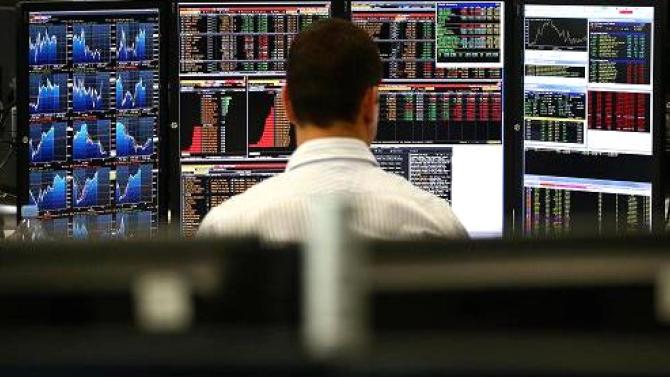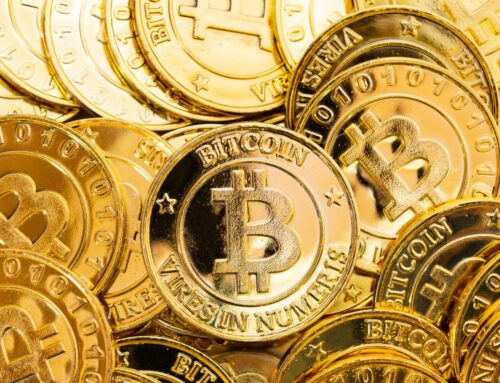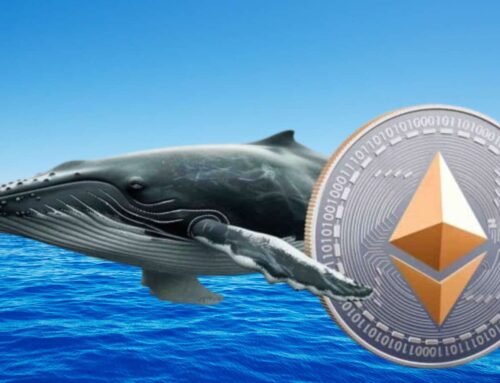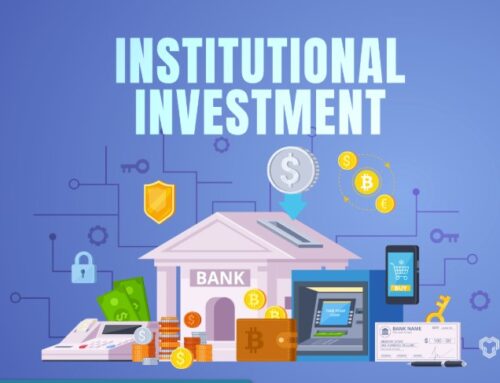Markets cheer Greece, China: So is the drama over?
July 10, 2015
Financial markets around the world surged on Friday after Greece tabled a fresh package of reforms to creditors, with investors optimistic the new plan could finally spell the end of its dramatic stand-off with lenders.
European equity markets soared, gaining momentum throughout the session after Greek Prime Minister Alexis Tsipras submitted a bailout proposal, which will then be reviewed by international creditors by Sunday-the “final” deadline for a deal being struck.
Read More Greek proposals show ‘real will’ for agreement: Trichet
Failing a deal by the weekend, Greece could be facing a situation where its cashless banks collapse, a move that could result in a Greek exit or “Grexit” from the euro zone. Nonetheless investors appeared poised for a deal to be struck after a volatile week, with the French CAC posting gains in excess of 3 percent, while German stocks traded around 2.5 percent higher. Peripheral bourses also traded in the region of 3 percent higher.
But Greece was not the only thing markets had to celebrate, as Asian stocks also ended on a positive note after the rebound in Chinese stocks entered a second day.
The benchmark Shanghai Composite index bounced 4.6 percent to chalk up a two-day winning streak, reversing the meltdown which occurred earlier in the week, following a flurry of fresh regulatory support from Beijing. On Thursday, the Shanghai index rallied 5.8 per cent, its best session since 2009.
“There are, of course, twists and turns to be negotiated before a (Greece) deal is reached on Sunday but Mr Market assumes that this deal flies (for now). Meanwhile, with a large part of the market not trading, Chinese equities are up sharply for a second day and everyone can rejoice, or something,” macro strategist at Societe Generale, Kit Juckes said.
U.S. stocks followed their European counter parts higher , with the Dow Jones industrial average briefly jumping more than 200 points in the open as the major averages leaped more than 1 percent, after Chinese Premiere Li Keqiang said the country’s economy was stabilizing.
The euro (Exchange: EUR=) strengthened against the U.S. dollar, climbing as much as 1.4 percent to trade close to $1.12. Government bond yields in Portugal, Italy and Spain also tumbled.
In China, the Shanghai Composite has fallen over 30 percent from its mid-June peak amid frequent bouts of extreme volatility, but bounced back on Thursday after the Chinese security’s regulator banned shareholders with stakes of more than 5 percent from selling shares for the next six months.
Read More Chinese selling homes to cover stock losses: local media
Data from Bank of America Merrill Lynch showed China inflows spiked to a record $13 billion in the last week, concentrated in local-listed A-share ETFs, which the bank said could signal “market-support measures rather than private sector demand.”
But even as investors were finally able to cheer some positive news flow, market analysts are still on the side-lines about longer-term positioning.
“Looking beyond the short-term, even if we do have a (Greece) deal this week-end, questions on implementation and ownership of reforms will continue. Internal political disagreements might resurface. On the positive side, we believe that signing on this package of reforms represents a fundamental change for Tsipras. It will be difficult for him to represent credibly extreme views again,” director of European economics at Credit Suisse, Giovanni Zanni said.
Global head of G10 foreign exchange strategy at Citigroup has spent the last 10 days travelling in Europe speaking to clients on how investors are viewing the events in Greece and China.
“Few clients were taking big positions based on expected Greek outcomes. There were a few that were involved, as compared to almost none in the U.S. based on recent discussions,” Englander said.
Read More Awkward! It’s tough being rich in Greece
“The Greece crisis was largely viewed as raising volatility without compensating additional return, hence we have seen investors with lighter than normal positions across the board,” he added.
On China, he said the European investors that he spoke with were not overly exposed to the volatility.
“China was coming up on radar screens, but there was no sense that there was big exposure. Concern was more on potential spillover to Fed and to western foreign exchange markets, but no panic on China in isolation,” he added.
Search
RECENT PRESS RELEASES
Related Post






